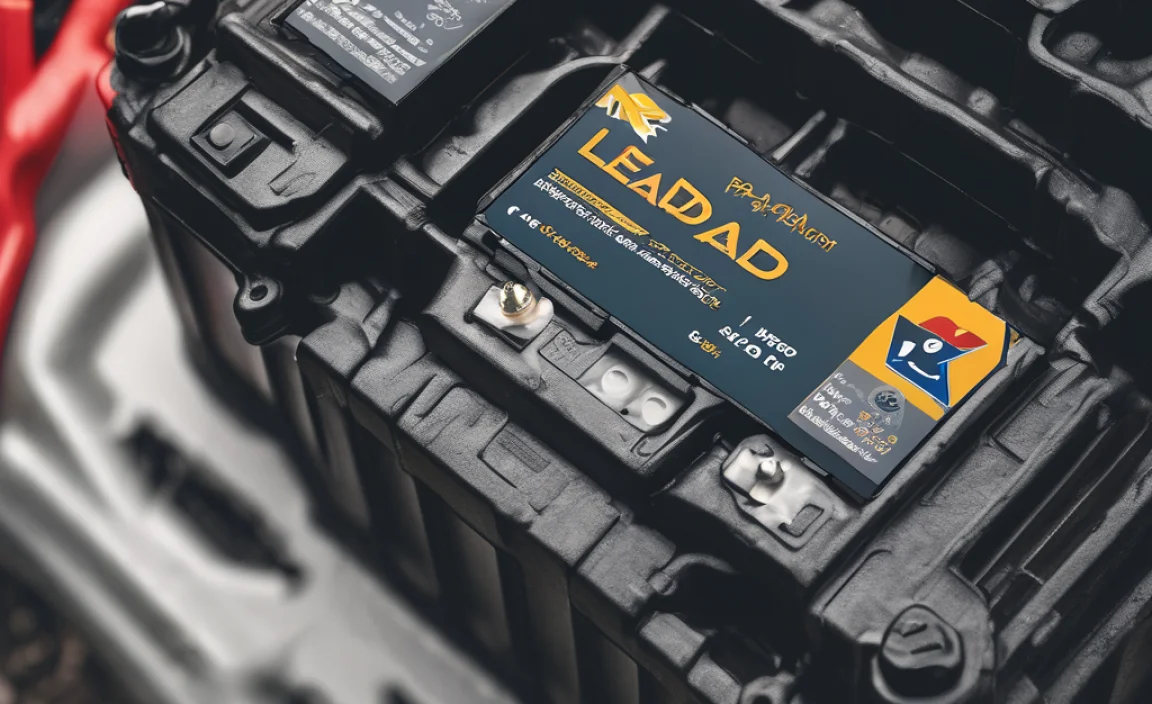Elderly adaptive cups are designed to make drinking easier and safer for seniors who may have conditions affecting their mobility, strength, or coordination. These specialized drinking vessels address common challenges faced by older adults, such as tremors, difficulty with grip, or limited reach, ensuring they can maintain their independence and enjoy hydration without struggle.
Understanding the Need for Adaptive Cups for Elderly Individuals
As individuals age, a variety of physical changes can make everyday tasks, including drinking, more challenging. Conditions like arthritis, Parkinson’s disease, stroke, or general frailty can lead to weakened grip strength, involuntary tremors, reduced motor control, and decreased dexterity. These challenges can result in spilled drinks, difficulty holding standard cups, and a reluctance to drink, potentially leading to dehydration, which is a significant health concern, especially in the elderly population.
The frustration and embarrassment associated with spills can also impact an elderly person’s quality of life. They might become hesitant to drink in social settings or even at home, leading to a decline in fluid intake and overall well-being. This is where adaptive cups for elderly individuals step in, offering practical and thoughtful solutions to overcome these obstacles. These cups are not just about facilitating drinking; they are about restoring dignity, promoting independence, and supporting a healthier lifestyle.
Key Features of Elderly Adaptive Cups
The design of these specialized cups goes beyond aesthetics, focusing on functionality and user-friendliness. Here are some common features you’ll find:
Ergonomic Handles: Many adaptive cups feature large, easy-to-grip handles that are shaped to fit comfortably in the hand. Some have a wider circumference, making them easier to hold for individuals with arthritis or reduced hand strength. Others might have a looped design, providing a more secure grasp.
Stable Bases: To prevent tipping and spills, adaptive cups often have wide, heavy, or non-slip bases. This added stability is crucial for individuals who experience tremors or have difficulty controlling fine motor movements.
Spout and Straw Options: Several adaptive cups incorporate spouts or straws to reduce the need to tilt the cup excessively. This is particularly beneficial for those with neck stiffness or limited range of motion. Spouts can be designed for controlled flow, minimizing choking hazards. Some models include specialized lids with built-in straws, allowing for easy sipping without lifting the cup to the lip.
Translucent or Clear Materials: For some individuals, being able to see the liquid level can significantly aid in controlling their drinking. Many adaptive cups are made from clear or translucent plastic, allowing users to gauge how much they are drinking and anticipate when they need to stop.
Lids with Secure Closures: To further minimize spills and maintain hygiene, most adaptive cups for elderly come with tight-fitting lids. These lids often have smaller openings or controlled flow mechanisms to prevent accidental spills.
Types of Adaptive Cups Available
The market offers a diverse range of adaptive cups, catering to various specific needs:
No-Spill Cups: These are designed with tightly sealing lids and often a weighted base to prevent spills even if tipped. They are excellent for individuals with significant tremors or those who are prone to accidental knocks.
Straw Cups: Ideal for those who have difficulty lifting or tilting their heads, straw cups allow for drinking from a reclining position. Many come with specialized valves to prevent leakage.
Elephant or Sipper Cups: These are often designed with a spout that resembles a short, wide elephant trunk. The spout allows for controlled sipping with minimal head tilting, making them suitable for individuals with swallowing difficulties or limited neck mobility.
Cut-Out Neck Cups: These cups have a deeper indentation on one side of the rim, allowing them to be used without tilting the head back as much. This is a great feature for individuals with neck stiffness or pain.
Insulated Cups: Some adaptive cups are insulated to keep beverages at the desired temperature for longer, which can enhance the drinking experience and encourage hydration.
Choosing the Right Elderly Adaptive Cup
When selecting adaptive cups for elderly individuals, consider the specific challenges they face.
Assess the level of mobility and dexterity: Does the person have significant tremors, limited grip strength, or neck stiffness?
Consider the consistency of the liquid: Are they drinking thin liquids or thicker ones? Certain spouts or straws may be better suited for different consistencies.
Think about ease of cleaning: Lids with multiple parts can be difficult to clean. Opt for designs that are simple to dismantle and wash.
Involve the user in the selection process: If possible, let the elderly person try out different types of cups to see which one feels most comfortable and functional for them. Their preference is paramount to ensure consistent use.
Beyond the Cup: Promoting Healthy Hydration
While adaptive cups for elderly are invaluable tools, it’s important to remember that promoting healthy hydration involves a holistic approach. Encourage regular fluid intake throughout the day, and be mindful of signs of dehydration, such as dry mouth, reduced urine output, fatigue, and confusion. Offering a variety of appealing beverages, like water with fruit infusions or diluted juices, can also make hydration more enjoyable.
Investing in the right adaptive equipment can make a profound difference in the lives of elderly individuals, enabling them to maintain their independence, safety, and overall well-being. These thoughtfully designed cups are more than just drinking vessels; they are facilitators of dignity and autonomy.

